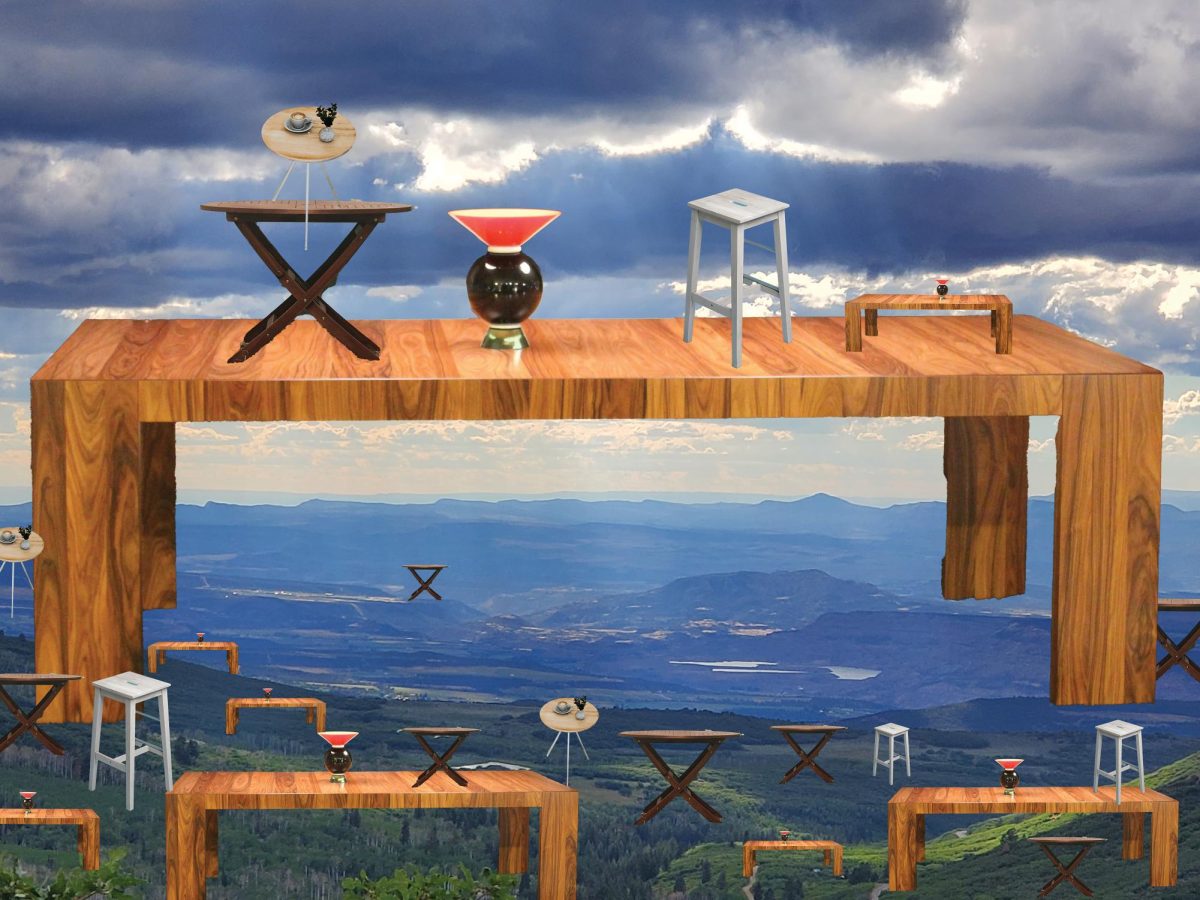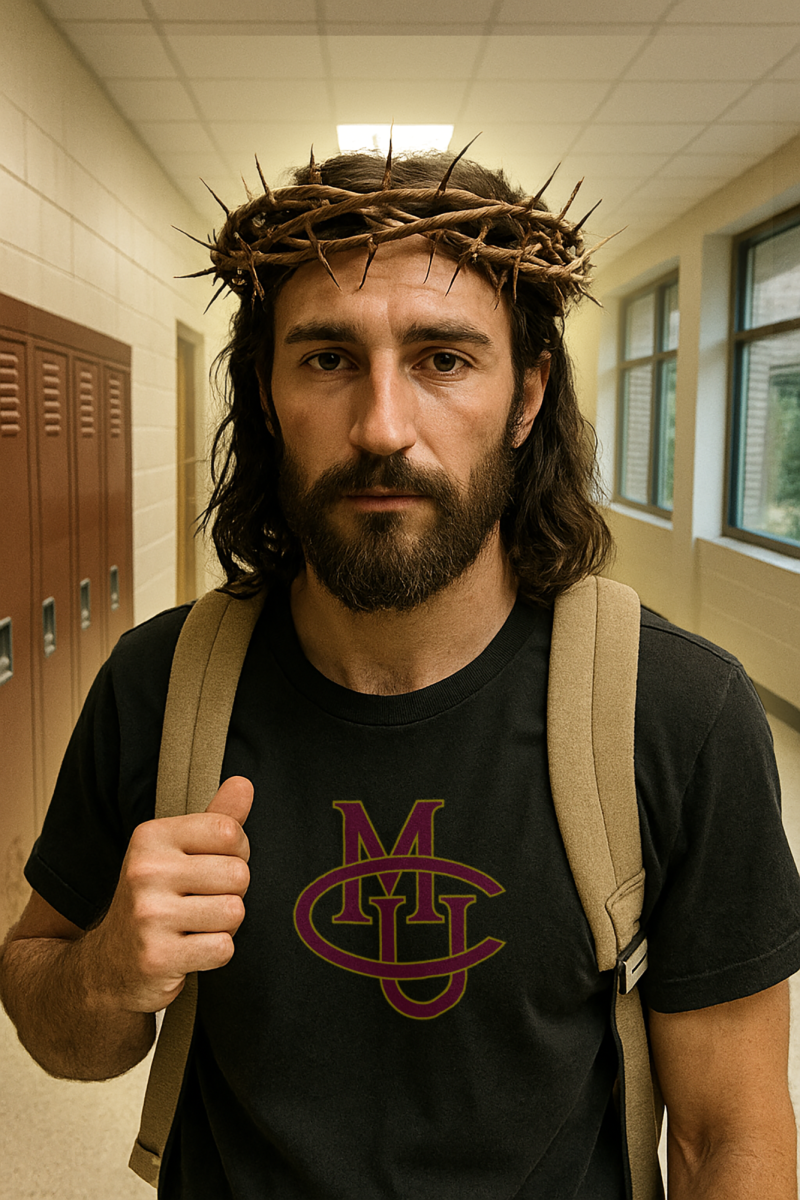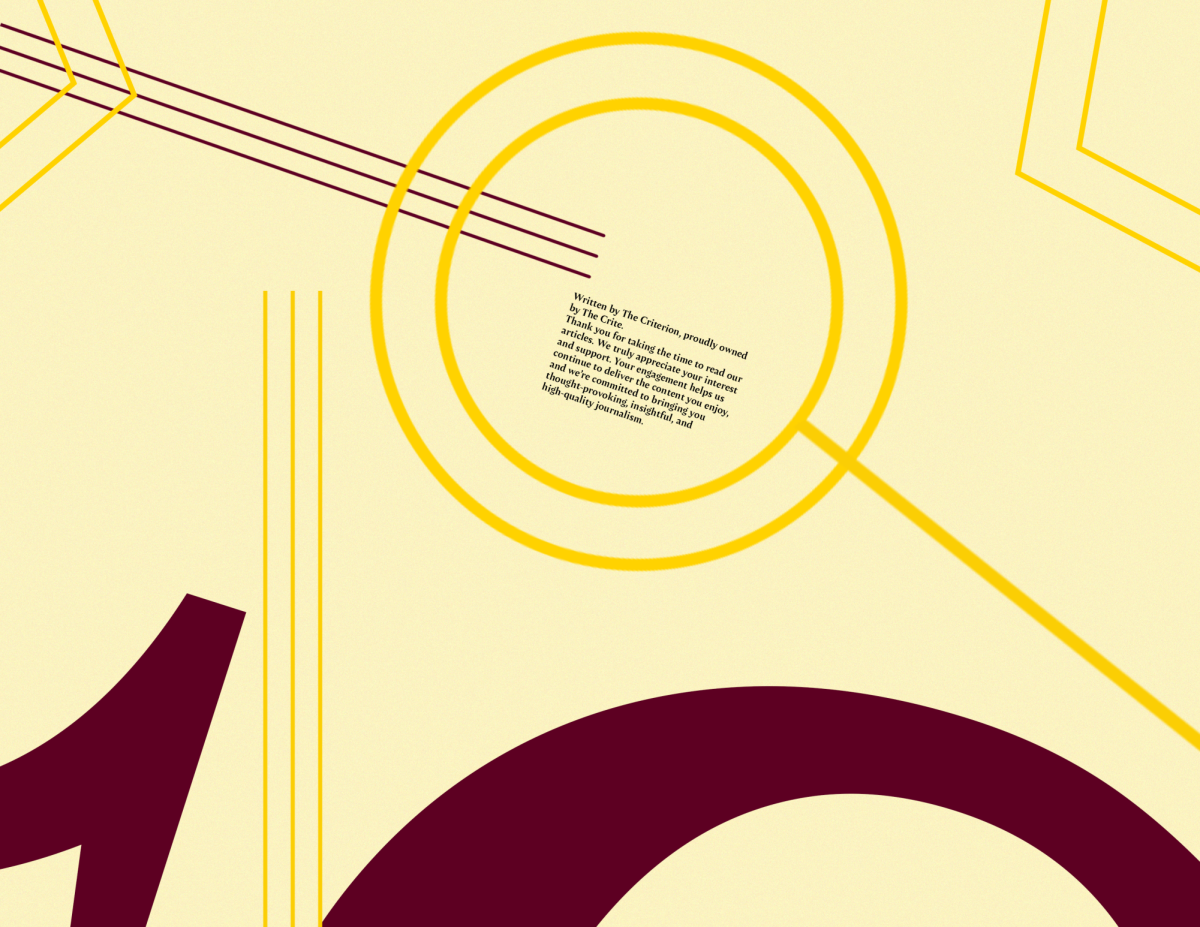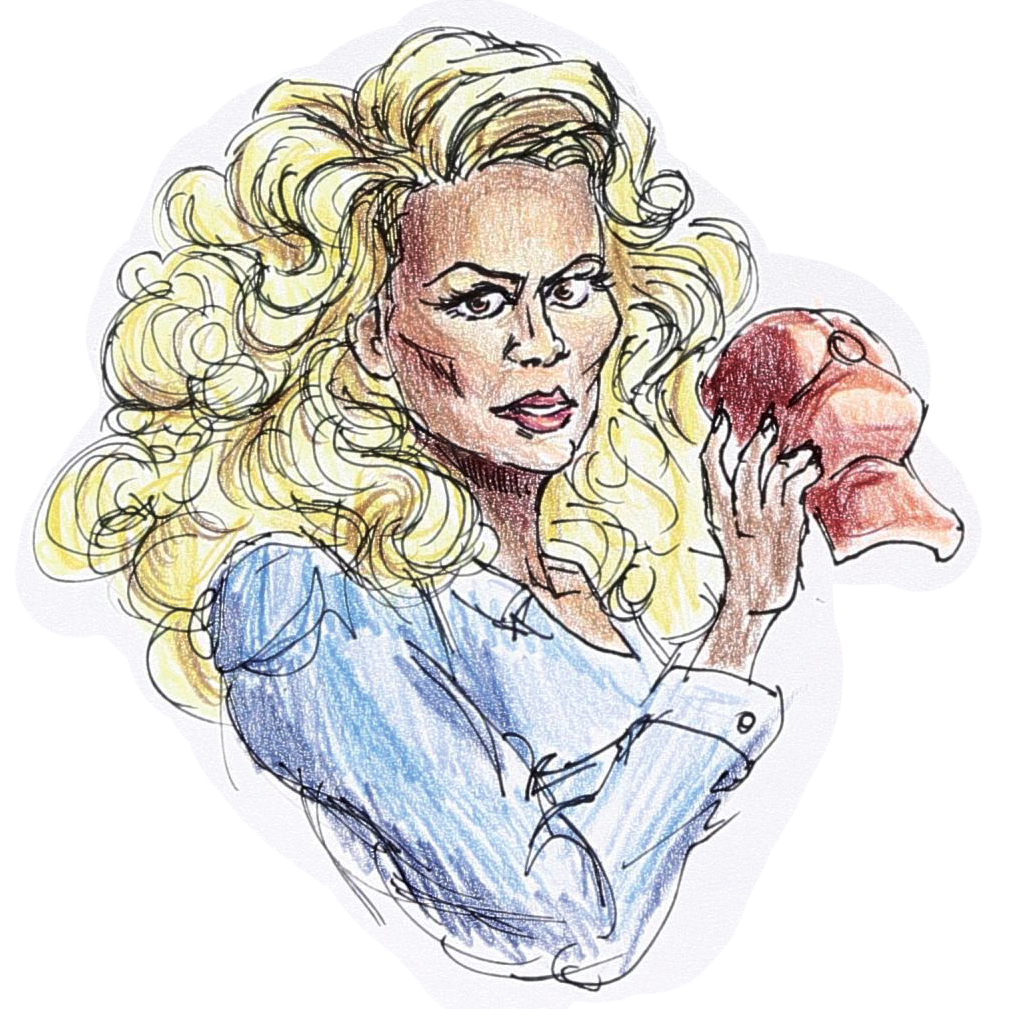by Alec Williams
The 2016 presidential election ended as aptly as it could, with the unexpected. Election polling across the country had been consistently reporting that a Hillary Clinton victory was inevitable, but on Tuesday night, the inevitable never came. Donald Trump was elected the 45th president of the United States with an electoral college victory of 290 votes compared to Clinton’s 228.
“Thank you. Thank you very much, everybody. Sorry to keep you waiting. Complicated business. Complicated. Thank you very much,” Trump said after taking the stage in the late hours after Election Day. “I’ve just received a call from Secretary Clinton. She congratulated us. It’s about us. On our victory, and I congratulated her and her family on a very, very hard-fought campaign.”
As the votes were counted late in the night and the victory continued to slip away from Clinton, John Podesta, chairman of the Clinton campaign, told supporters that the race was too close to call, but they should go home. A few hours later, Clinton called Trump and congratulated him on the victory, and later gave her concession speech to supporters.
“We have seen that our nation is more deeply divided than we thought,” Clinton said. “But I still believe in America and I always will. And if you do, then we must accept this result and then look to the future. Donald Trump is going to be our president. We owe him an open mind and the chance to lead.”
Trump, a real-estate mogul turned reality-TV star turned politician, consistently and explosively shook the establishment’s expectations of a presidential candidate and landed himself in the highest office in the country. Following eight years of an Obama presidency, the largely underestimated and unheard blue-collar white and working-class voters of the country turned out on Tuesday to elect Trump.
President Obama has consistently criticized the prospect of a Trump election and even stumped for the Clinton campaign for the past months.
“Now, it is no secret that the president-elect and I have some pretty significant differences. But remember, eight years ago President Bush and I had some pretty significant differences,” Obama said Nov. 9. “But President Bush’s team could not have been more professional or more gracious in making sure we had a smooth transition so that we could hit the ground running. And one thing you realize quickly in this job is that the presidency and the vice presidency is bigger than any of us. So I have instructed my team to follow the example that President Bush’s team set eight years ago, and work as hard as we can to make sure that this is a successful transition for the president-elect.”
Despite inauguration day being three months away, the transition of power has begun in in the East Coast and news affiliates are speculating about what a Trump cabinet will look like.
“Busy day planned in New York,” the president-elect said in a tweet Friday. “Will soon be making some very important decisions on the people who will be running our government.”
New Jersey Gov. Chris Christie, who has had an active position on Trump’s campaign was originally in charge of the transition process, and likely a cabinet position, until Friday, Nov. 11, when it was announced that Vice-President Elect Mike Pence would assume those duties.
Christie’s status within the administration has grown uncertain after two of his former aides were convicted for the questionable political motivation behind lane closings at the George Washington Bridge in 2013. Christie will still hold a vice-chairman position on the transition team, however.
Others who are expected to hold positions in a Trump administration are Former New York City Mayor Rudolph Giuliani and Trump’s Campaign Manager Kellyanne Conway, who announced on Twitter Thursday that she has been offered a White House post. Others being speculated for positions in the cabinet including Newt Gingrich, Sen. Bob Corker and Goldman Sachs alumnus Steven Mnuchin.
Reactions to Trump’s victory have rocketed across the country, most notably large cities and universities who continue to organize protests. About 4,000 protesters gathered in Portland, Ore., late Thursday, which later turned violent after police reported that “anarchist” individuals were causing damage while the group chanted “peaceful protest.” Some smashed windows and dumpster fires were countered by police with flash-bang grenades and pepper spray.
CMU President Tim Foster responded to the election results with an email sent out to faculty and staff in which he wrote: “In some ways our campus has an opportunity – and an obligation — to keep demonstrating how a diverse group of people with deeply-held political views can pull together, be productive and set a good example for our community at large.”
Foster also commended some CMU students, who were featured in The Grand Junction Daily Sentinel, holding signs on North Avenue calling for unity and love after the election results.








